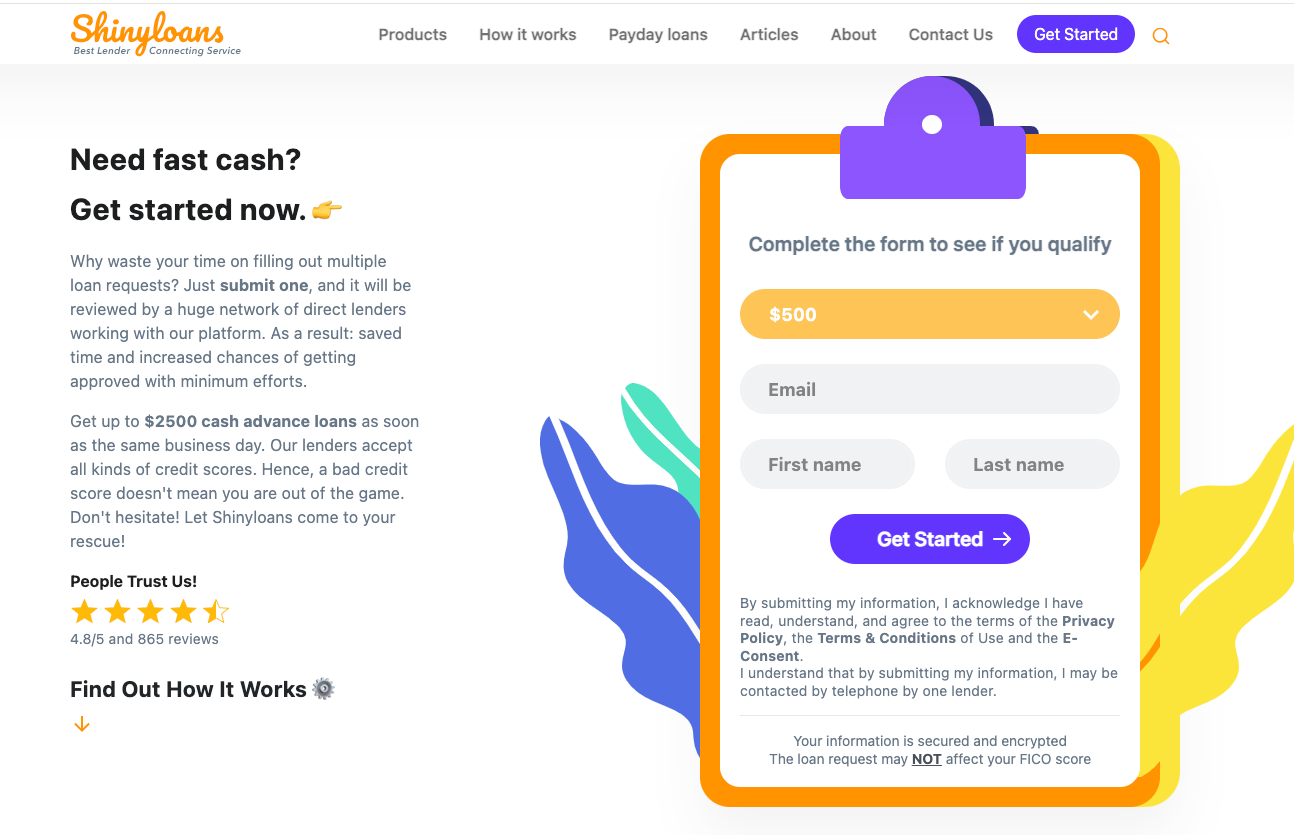We speak to the Mike Hansen, founder of Shiny Loans who highlights strong stability in the current loan industry in the US. Drawing on more than 20 years of experience in the space, having seen the rise of online and digital, he expresses the use of regulation which currently keeps the industry under control.
The loan industry in the United States is one of the most closely watched and regulated sectors in the US economy. From payday loans to installment loans, lenders must follow strict rules to protect borrowers. These rules help keep the market fair, safe, and predictable for both lenders and customers.
How The US Loans Industry Is Controlled Through Consumer Protections and Federal Oversight
At the national level, the Consumer Financial Protection Bureau (CFPB) is the main federal agency that oversees the loan industry. It was created after the 2008 financial crisis to make sure consumers are treated fairly by banks, lenders, and other financial institutions.
The CFPB sets clear rules to prevent lenders from charging hidden fees or making unfair loan agreements. For example, the CFPB requires lenders to clearly explain interest rates, repayment terms, and all costs involved in a loan.
In 2023, the CFPB received over 12,000 complaints related to payday loans, which shows that many people are actively seeking help when they feel mistreated by lenders.
The Role State-Level Rules and Price Caps For the US Loan Industry
Each state also has the power to regulate lending within its borders. Some states allow payday loans with certain restrictions, while others have banned them completely. One of the most important rules many states have is a price cap, or a limit on how much interest a lender can charge.
For instance, Colorado limits payday loan interest rates to 36% annually. Similarly, Illinois passed the Predatory Loan Prevention Act in 2021, also capping interest rates at 36% APR (annual percentage rate).
According to a report by the National Consumer Law Center, at least 18 states and Washington D.C. have strong interest rate caps that protect borrowers from extremely high charges. These rules help borrowers avoid falling into a cycle of debt.
How These Rules Help Payday LoansBorrowers
The purpose of all these regulations is to make borrowing safe and reasonable. By capping interest rates, the government ensures that borrowers are not charged more than they can afford. Clear rules about fees, loan terms, and repayment help customers make better financial choices.
In states with strong rules, default rates tend to be lower because borrowers are less likely to fall behind on payments. On the other hand, states with weak or no price caps often see more cases of people trapped in long-term debt.
Example of State-Level Payday Loan Regulations
Here’s a table showing how some U.S. states regulate payday loans:
| State | Interest Rate Cap (APR) | Payday Loan Status |
|---|---|---|
| Colorado | 36% | Legal with regulations |
| Illinois | 36% | Legal with regulations |
| Texas | No cap | Legal, limited oversight |
| New York | 25% | Payday loans banned |
| California | 36% | Legal with strong rules |
Conclusion
The loan industry in the U.S. is carefully regulated to protect consumers from unfair practices. Federal rules and state laws, especially interest rate caps, create a stable environment for borrowing. These regulations help make sure that loans are affordable and that borrowers are treated fairly no matter where they live. As more states adopt stronger protections, the future of lending in America looks more secure and responsible.







